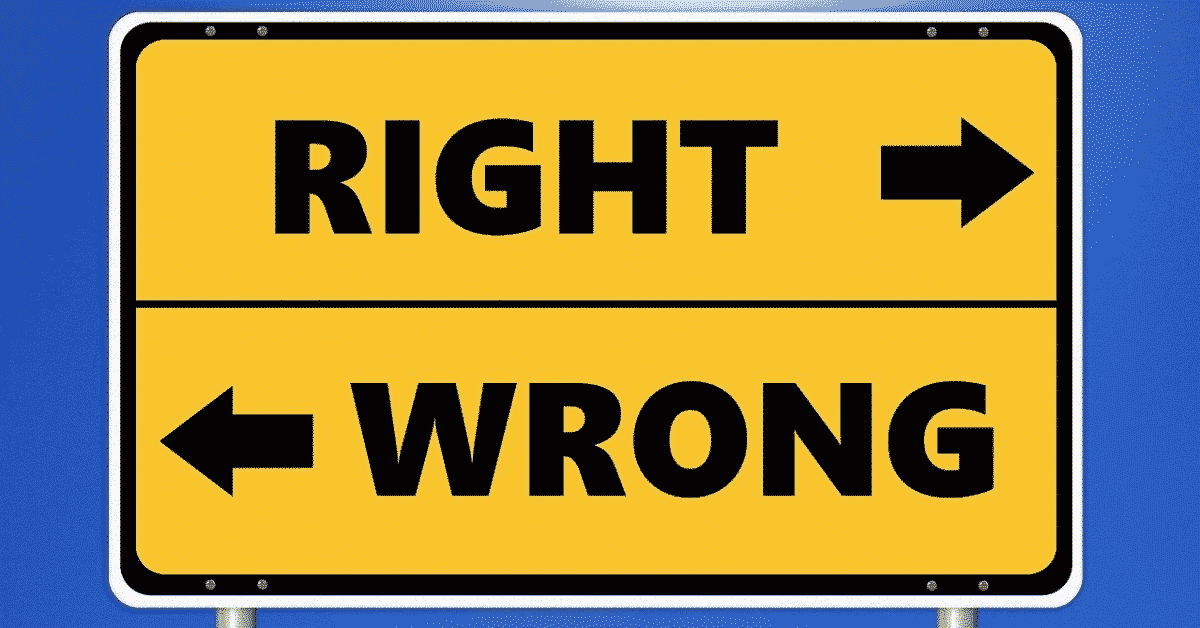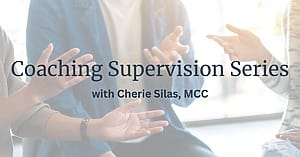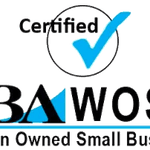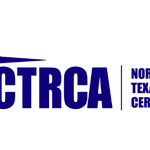In this article, we’ll explore the International Coaching Federation (ICF) Code of Ethics and its relevance to you as a coach – whether ICF-credentialed or not. This code upholds professional integrity and sets standards of conduct aligned with the ICF’s core values and ethical standards.
Every ICF-credentialed coach, no matter what level, pledges to uphold this Code of Ethics in their coaching practice.
TL;DR – ICF Code Of Ethics
The ICF Code of Ethics is essentially made up of ICF’s core values and ethical standards.
The Core Values are
- Professionalism
- Collaboration
- Humanity
- Equity
And the 28 Ethical Standards are divided into the following four sections:
- Responsibility to Clients
- Responsibility to Practice and Performance
- Responsibility to Professionalism
- Responsibility to Society
We will discuss the ethical standards in more detail below.
Are you ready to get ICF-certified? Contact us at Tandem Coaching now to increase your visibility and credibility as a coach through credentialing.

What are Ethics in Coaching?
Ethics in coaching are the guiding principles that ensure coaches act with integrity, professionalism, and respect. They create a safe and honest environment where clients can thrive and achieve their goals. Ethical guidelines cover confidentiality, conflict management, and maintaining professional boundaries, ensuring all interactions are handled in the client’s best interests.
For example, if a client’s company pays for their coaching sessions, there might be some conflict of interest between the person paying for the coaching (the ‘sponsor’) and the person receiving the coaching (the ‘client’). The sponsor has to understand that even though they are paying for the sessions, the coach needs to keep what is happening in the sessions confidential. Without this confidentiality, a coach wouldn’t be able to create a safe environment for their client to learn and grow in.

What is the Coach Code of Conduct?
The International Coaching Federation’s Code of Ethics effectively serves as the coaching code of conduct. Its standards ensure ethical behavior and professional integrity.
They outline how coaches interact with clients, handle confidential information, and set professional boundaries. Following this code builds trust and credibility with your clients and the broader coaching community.
What is the Purpose of the Code of Ethics?
The ICF Code of Ethics aims to guide coaches in avoiding potential pitfalls when dealing with clients. As a coach, you pledge to be self-aware and on the lookout for potential conflicts of interest. You must also be aware of your limitations and refer the client to other professionals when necessary.
In addition, the Code of Ethics helps you be clear and straightforward in your dealings with clients and other stakeholders.

List of ICF Ethical Standards
The List of ICF Ethical Standards is the main part of the Code of Ethics. Besides those, there are also the four core values. They are:
- Professionalism: Demonstrate integrity, responsibility, and excellence through lifelong learning, ethical practice, and accurate representation in all coaching interactions.
- Collaboration: Build community and creativity by partnering across social identities, promoting professional coaching, and cooperating with related professions.
- Humanity: Embrace kindness, compassion, and respect by being open to learning, acknowledging mistakes, and committing to inclusivity and human dignity.
- Equity: Practice fairness and equality by recognizing diverse identities, addressing biases, and ensuring equitable processes in all coaching relationships.
The List of ICF Ethical Standards is comprehensive, covering all aspects of professional coaching activities.
Here are the key elements:
Section I: Responsibility to Clients
- Clarify Agreements: Before starting, ensure clients understand the nature and value of coaching, confidentiality limits, and financial arrangements. Make a clear coaching agreement.
- Confidentiality: Maintain strict confidentiality and comply with relevant laws.
- Transparency: Clearly communicate how information is exchanged and the conditions under which confidentiality might be breached (e.g., in the case of high risk to the client’s or another person’s life).
- Conflict Management: Address and manage conflicts of interest through clear agreements and ongoing dialogue.
- Record Keeping: Maintain and dispose of records securely and in compliance with applicable laws.
- Client Awareness: Stay alert to shifts in client value from coaching and adjust the relationship or refer to other professionals if necessary.
- Respect Termination Rights: Respect clients’ right to end the coaching relationship at any time (subject to terms of agreement).
- Manage Multiple Relationships: Avoid conflicts of interest when having multiple contracts with the same client. For example, you might be an internal coach who has a regular role in the organization as well as your coaching role.
- Power Dynamics: Manage power or status differences sensitively.
- Disclose Referrals: Inform clients about any compensation received for referrals.
- Consistent Quality: Ensure coaching quality regardless of the compensation received.
Section II: Responsibility to Practice and Performance
- Adhere to the Code: Follow the ICF Code of Ethics in all interactions.
- Raise Ethical Concerns: Address any code breaches and refer unresolved issues to formal authorities. All ICF professionals, whether coaches or support staff, are expected to adhere to the code. So, even if others don’t follow proper procedure, you have a duty to alert the right people to that.
- Continued Development: Commit to personal and professional growth. You can only be a great coach if you keep learning and growing. Stay on top of best practices and developments in the coaching industry.
- Recognize Limitations: Seek support when personal circumstances affect coaching performance. As a coach, you are also human. Some issues that clients bring to you may affect you more deeply than others. Always ensure you get the support you need to be at your best.
- Resolve Conflicts: Work through conflicts of interest with relevant parties.
- Privacy Respect: Use ICF member information appropriately. Don’t share their information without their consent. Even if you want to refer someone, ask first to make sure the referral is welcomed.
Section III: Responsibility to Professionalism
- Accurate Representation: Honestly represent your qualifications, experience, and services. Know your limitations and be transparent about them.
- True Statements: Make truthful claims about coaching and its potential value.
- Create Awareness: Inform relevant parties about ethical responsibilities.
- Set Boundaries: Maintain clear and culturally sensitive boundaries.
- Avoid Romantic Engagements: Do not engage in sexual or romantic relationships with clients.
Section IV: Responsibility to Society
- Avoid Discrimination: Maintain fairness and respect cultural practices. Give people the same opportunities regardless of age, ethnicity, gender expression, religion, disability, or other distinguishing factors.
- Honor Contributions: Respect intellectual property and give proper credit. When using tools developed by others, always quote the source and credit where credit is due.
- Ethical Research: Conduct and report research honestly and within competence boundaries. Do not overstep personal boundaries.
- Positive Impact: Strive to make a positive impact on society.

Code of Ethics Best Practices to Follow While Coaching
Adhering to the ICF Code of Ethics involves several best practices:
- Transparency: Always be clear about your role and the coaching process.
- Respect: Treat clients with dignity and respect their confidentiality.
- Professional Boundaries: Maintain clear boundaries to avoid conflicts of interest.
- Ongoing Learning: Commit to continuous professional development.
- Ethical Decision-Making: Use the ICF Code of Ethics to guide your practice’s ethical decisions.
To learn more about best practices in coaching and ethics, connect with us. We are here to guide you to the best credential for you.

Frequently Asked Questions (FAQs)
Here are some of the most common questions we get about the ICF Code of Ethics:
What is the ICF Code of Practice?
This coaching code is usually referred to as the ICF Code of Ethics. It outlines ethical responsibilities for coaches, covering confidentiality, conflicts of interest, and professional conduct.
It ensures coaches maintain the highest standards in their interactions and uphold the profession’s credibility.
How Often is the ICF Code of Ethics Updated?
There is a supplemental document to the Code of Ethics that is now known as the ICF Insights and Considerations for Ethics (ICE).
These help ICF professionals better understand the Code of Ethics. The ICE is regularly updated to reflect important socio-political changes that affect its interpretation.
What Are the Consequences of Violating the ICF Code of Ethics?
Violating the ICF Code of Ethics can lead to severe consequences, including loss of ICF credentials, professional censure, or legal action.
The ICF has a formal process for handling complaints and investigations to ensure fair resolution. Coaches may be required to undergo additional training or face suspension or revocation of their ICF membership and credentials.
Conclusion
Every coach should follow the ICF Code of Ethics in their coaching practice to maintain professionalism and integrity in coaching. This code protects clients, guides coaches through ethical dilemmas and ensures high standards in the practice.
By following these guidelines, you can build trust, ensure confidentiality, and positively impact your clients’ lives. Start your journey with a solid ethical foundation and contribute to the credibility and excellence of the coaching profession.
Ready to take the next step? Contact us now to get to the next level of credentialing and build your coaching career.
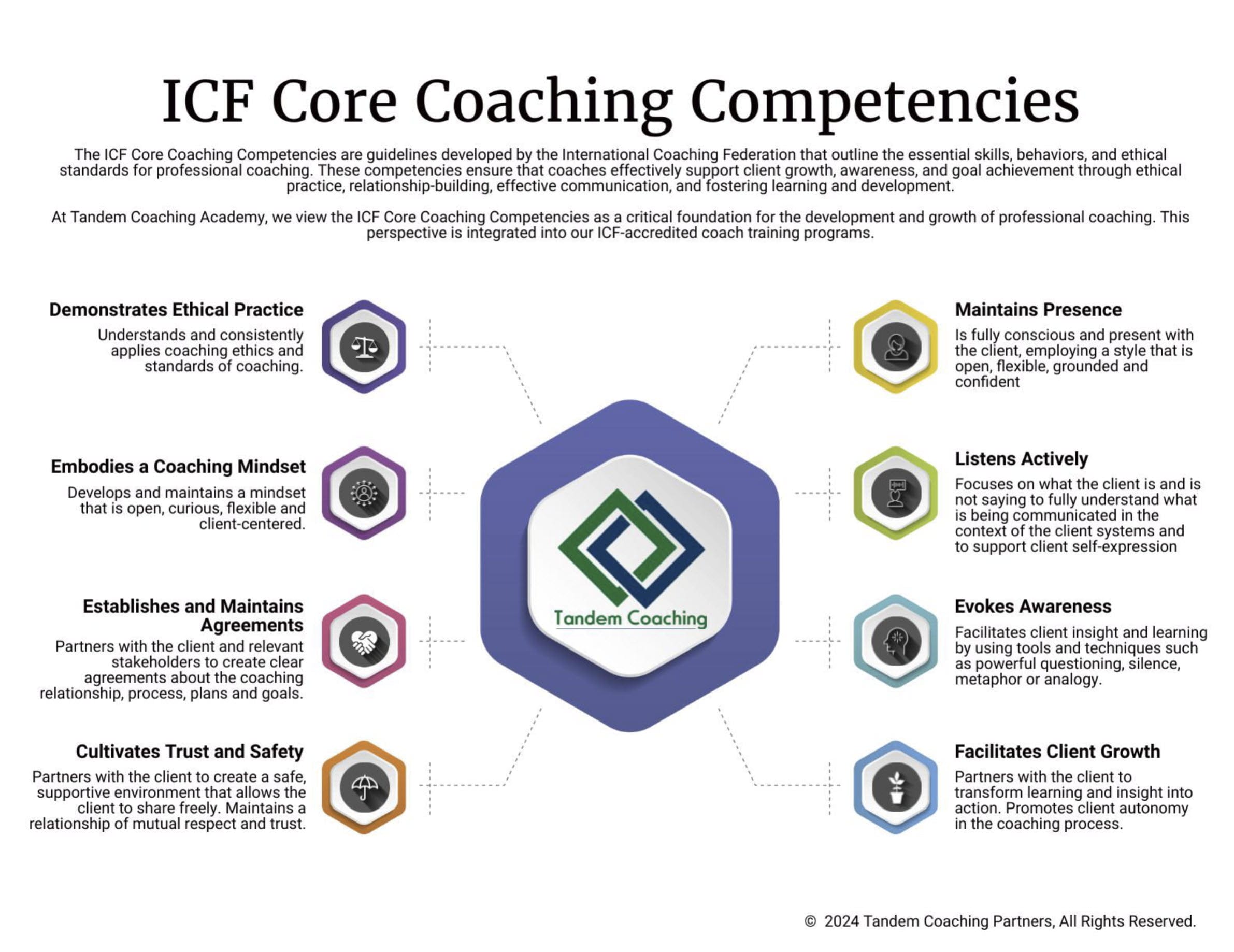
Unlock Your Coaching Potential with Tandem!
Dive into the essence of effective coaching with our exclusive brochure, meticulously crafted to help you master the ICF Core Coaching Competencies.
"*" indicates required fields
About the Author
Cherie Silas, MCC
She has over 20 years of experience as a corporate leader and uses that background to partner with business executives and their leadership teams to identify and solve their most challenging people, process, and business problems in measurable ways.
